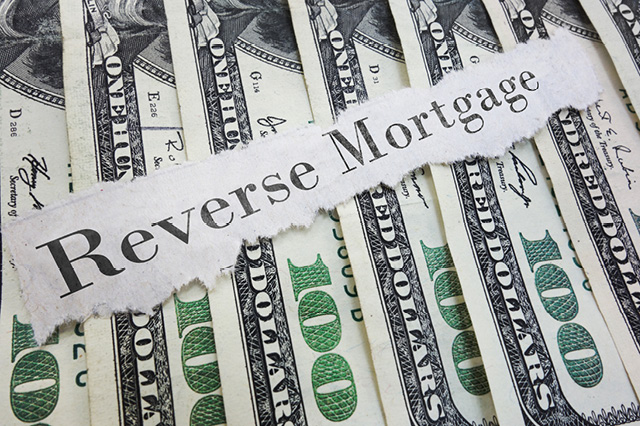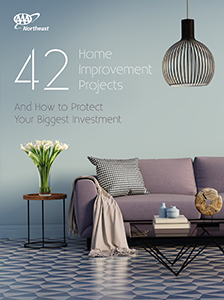You’ve probably been planning for your retirement for most of your adult life. And even after decades, you may still find yourself with a limited monthly income during your retired years. This can make it difficult to pursue all the interests you hoped for. If you find yourself in this position, a reverse mortgage could be right for you.
A reverse mortgage is a unique financial tool that can increase your monthly income, providing the financial freedom you dream of during retirement. Here’s how.
What exactly is a reverse mortgage?
A home equity conversion mortgage is a mortgage for homeowners age 62 or older who would like to access the equity they have built up in their home in the form of tax-free loan proceeds. A reverse mortgage allows homeowners to tap some of the equity they have in their home without adding to their monthly debt. The title remains in the borrower’s name, so you continue to own your home and the lender’s interest is simply the mortgage loan.
A HECM is the only reverse mortgage product on the market that offers insurance through the department of Housing and Urban Development.
What are the benefits?
A reverse mortgage is unique because there are no monthly payments. This can free up a significant amount of money each month. “Borrowers may be interested in supplementing their monthly income by setting up monthly direct deposits from their reverse mortgage,” says Julia Braun, a Reverse Mortgage Consultant for AAA. “They can customize the amount, term and even have the option of setting up a tenured monthly payment, which is guaranteed for life.”
For some borrowers, the main benefit is simply paying off an existing mortgage on their home. There are never any payments due on a HECM while the borrower lives in the home. Only the funds used to pay off the mortgage (plus closing costs and other cash requested by the homeowner) accrue interest. Any additional loan proceeds are made available through a Line of Credit that grows over time.
Who might benefit?
“The product is best suited for those borrowers who plan to remain in their home,” Braun says. “The loan can be beneficial for almost any homeowner age 62 or older who has significant equity in their home.”
How much can I borrow?
A HECM has a loan limit of up to $979,800. How much of that you can receive from a reverse mortgage depends on several factors. These include your age, the value of your home, current interest rates and an assessment of your finances.
In general, the older you are the more money you can receive from a lender.
Do reverse mortgages come with any fees?
Yes. You may have an origination fee, mortgage insurance premium, property appraisal, typical third-party fees and a modest charge for independent counseling.
Most fees can be rolled into your loan, minimizing your out-of-pocket costs.
How can a reverse mortgage aid your retirement?
“Freeing up your home’s equity, without adding to monthly debt can benefit a wide range of borrowers,” Braun says. “From eliminating a current monthly principal and interest payment on an existing mortgage, to having access to a line of credit, a reverse mortgage can provide liquidity for any number of purposes.”
Home improvements, medical expenses and dream vacations are just some of the endless expenses a reverse mortgage can fund, allowing you a greater amount of financial freedom during your retirement.

How is a reverse mortgage paid back?
The loan doesn’t have to be repaid until the last borrower has not lived in the home for six months. This can be extended for up to one year. When this occurs, the funds from the sale of the house are used to repay the loan.
If the home is left to an estate, it will usually sell the home to pay the loan as well. Any extra equity after the loan is paid off belongs to the estate. However, heirs also have the option to pay off the loan by other means and keep the property.
Are you considering a reverse mortgage? AAA’s dedicated experts are here with trusted, and reliable step-by-step assistance along the way, all from the comfort of your own home.

















